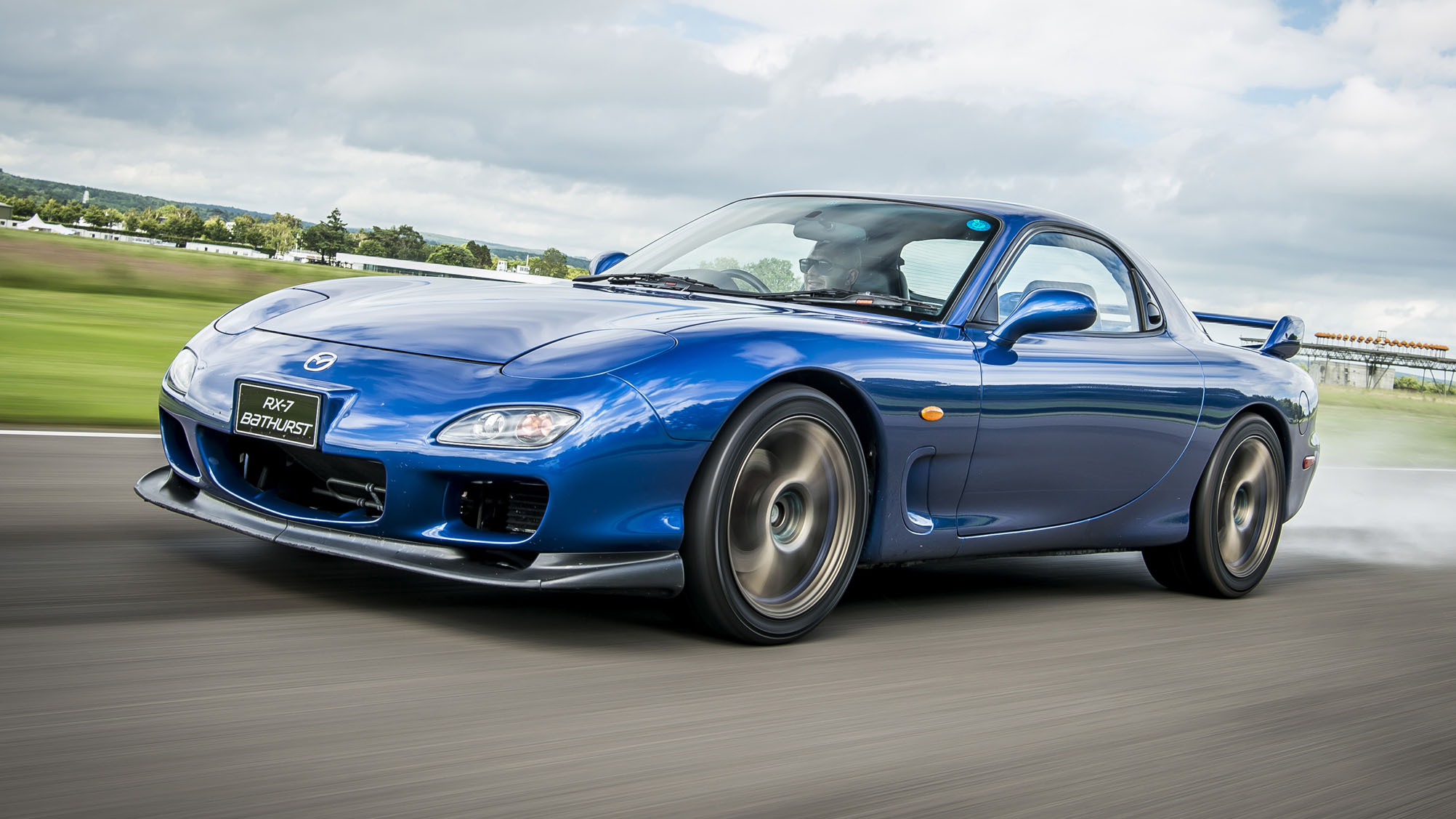Since the development of one of the first practical automobiles—the Motorwagen—more than a century ago, internal combustion engines have powered the majority of vehicles.
These engines operate by mixing fuel and air to create thermal energy, which is then transformed into mechanical torque that drives the car.
While the fundamental concept of internal combustion remains unchanged, manufacturers have continually evolved engine design, introducing various forms with differing sizes, configurations, and capabilities.
Over time, these engines have benefitted from a wide array of innovations, including forced induction systems, fuel injection, and variable valve timing, among others.
Despite the recent surge of electric motors in the automotive market, one key factor that continues to matter to everyday drivers is engine longevity—specifically, how long an engine can run without major issues or costly repairs.
With that in mind, we examined the array of powertrains that automakers have introduced over the years and took into account expert reviews and performance ratings to highlight some of the most dependable options. Below are ten car brands that have earned a reputation for building some of the most reliable engines in the industry.
Toyota
You can’t have a conversation about automotive reliability without bringing up Toyota. The brand has become virtually synonymous with long-lasting vehicles, offering a lineup that includes affordable and efficient models featuring engines built to endure.
Over the years, Toyota has developed a broad spectrum of powertrains, ranging from traditional gasoline engines to diesel and hybrid systems.
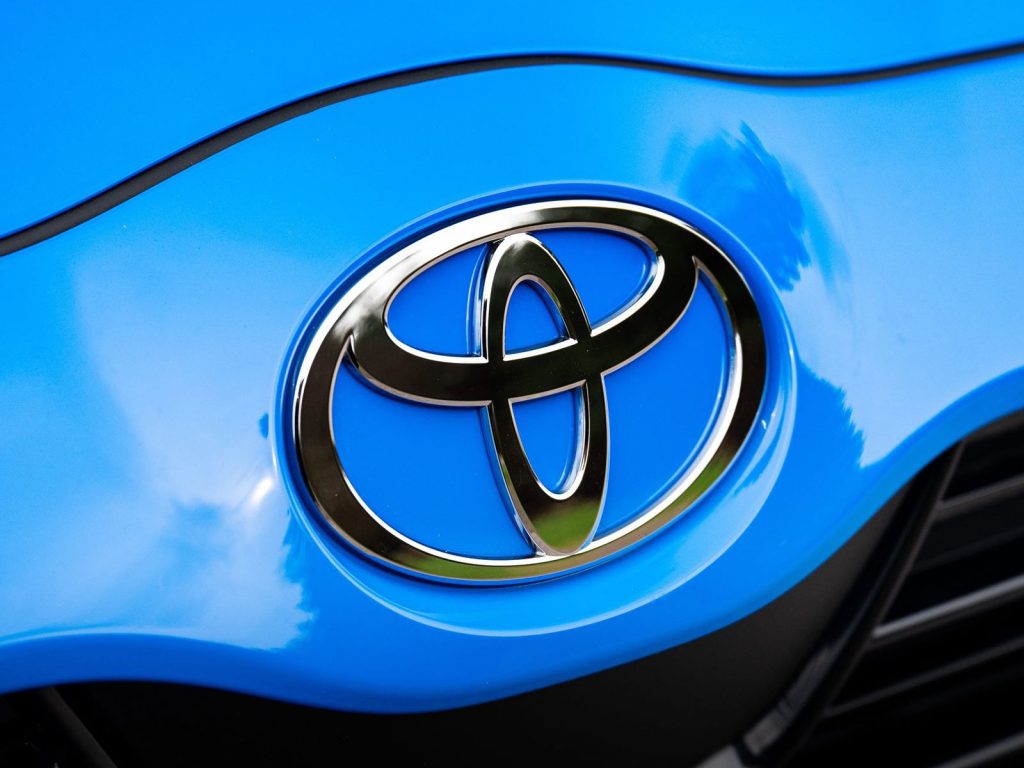
One of the standout examples of Toyota’s engineering excellence is the 2GR-FE V6 engine. Featured in vehicles like the Highlander, Camry, and RAV4, this powertrain includes a type-cast aluminum alloy cylinder block, combining strength and reduced weight.
In production since 2004, it has earned a spot on Ward’s 10Best Engines list four times—an indication of its high performance and durability.
Toyota has not abandoned the internal combustion engine either. The company continues to refine and produce inline four-cylinder engines, such as the 2.5-liter hybrid electric powertrain found in the Toyota Camry XSE AWD.
This engine was recognized by Ward’s as one of the best hybrid engines when it debuted. Another notable recent release is the turbocharged G16W-GTS 1.6-liter three-cylinder engine, which powers the Toyota GR Corolla.
Across the board, Toyota models—regardless of price—are among the least likely to experience major engine issues. According to reliability ratings, Toyota consistently scores well above the industry average, further reinforcing its strong reputation.
Also Read: 12 Classic Cars That Are Popular for DIY Restorations
Chevrolet
Chevrolet has been building fast, powerful, and dependable vehicles since its inception. From the beginning, the brand has focused on delivering robust engines in a cost-effective manner. More than a hundred years later, that commitment remains evident in the reliability of its powertrains.
The earliest Chevrolet models were fitted with a 299 cubic inch six-cylinder engine. Over time, the company introduced numerous engine designs, but one of its defining contributions was the Blue Flame six-cylinder.
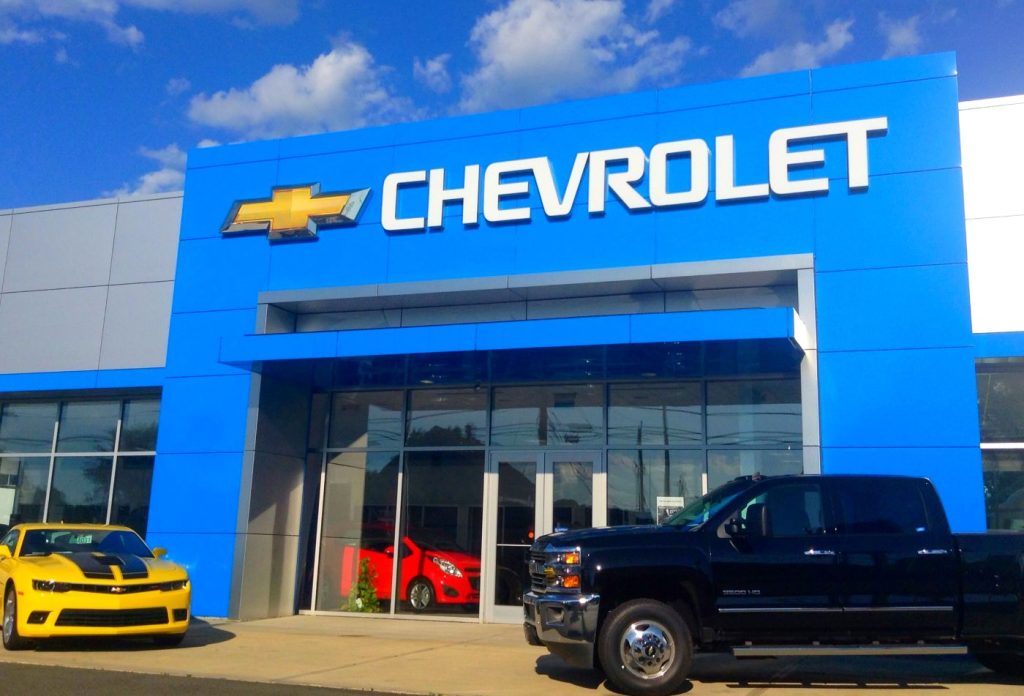
Derived from the original Stovebolt Six engine released in 1929, the Blue Flame variant gained prominence in the 1950s and became the first engine to power the legendary Corvette.
Beyond this, Chevrolet’s small block V8 engines have left an undeniable mark on the industry and are widely regarded as some of the most influential engines of the 20th century.
A testament to Chevrolet’s reputation came in 2010 through an OnStar diagnostic report. Analyzing nearly 2 million Chevrolet vehicles, the report revealed that 99.3% of them showed no engine or transmission issues. These findings offered concrete support for Chevrolet’s claim that its vehicles and powertrains are built with dependability in mind.
Volvo
Volvo may not command the same level of popularity in the U.S. as some of its competitors, but the Swedish automaker has a strong reputation for building excellent engines.
The company’s engine development journey began with sourcing powertrains from Pentaverken, a firm initially known for marine engines. As the partnership deepened, Volvo eventually acquired Pentaverken in 1935, rebranding it as Volvo Penta.
Over the years, Volvo has developed a variety of engine types, although its focus has recently shifted more toward electrified mobility. Today, the company offers gasoline, mild-hybrid, plug-in hybrid, and full-electric powertrains.
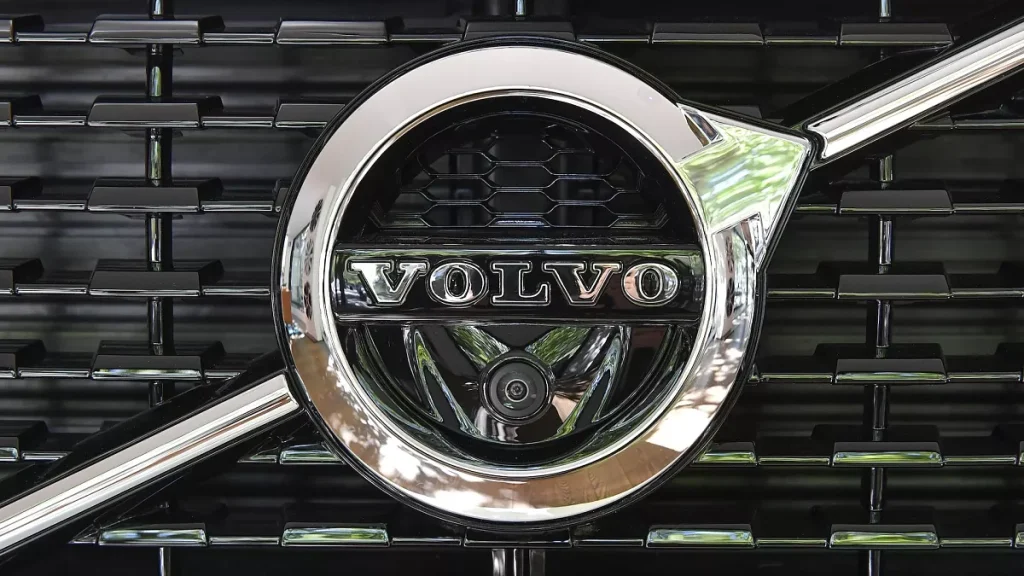
Every new Volvo now comes with at least a mild-hybrid system, reflecting the brand’s ongoing push for greater efficiency and reduced emissions. As part of this evolution, previous engine designations like the T5 and T6 have been replaced by newer models labeled B5 and B6.
Several of Volvo’s engines have earned a spot on Ward’s 10 Best Engines list. From 2015 to 2017, the company was recognized for three consecutive years: in 2015 with its 2.0-liter turbocharged DOHC I-4 used in the Volvo S60, in 2016 with the 2.0-liter turbocharged and supercharged DOHC I-4 that powered the XC90, and again in 2017 with the same engine fitted in the Volvo V60 Polestar.
Honda
Honda made its mark with motorcycles and race cars before becoming a dominant force in the passenger car market.
Today, the company stands as a global leader in engine manufacturing—not just for vehicles, but also for motorcycles, marine applications, and a wide range of electronics and machinery. Honda frequently emphasizes its commitment to superior performance, exceptional quality, and advanced engineering—and with good reason.
Among Honda’s most iconic innovations is its VTEC (Variable Valve Timing and Lift Electronic Control) system, which has become a hallmark of the brand.
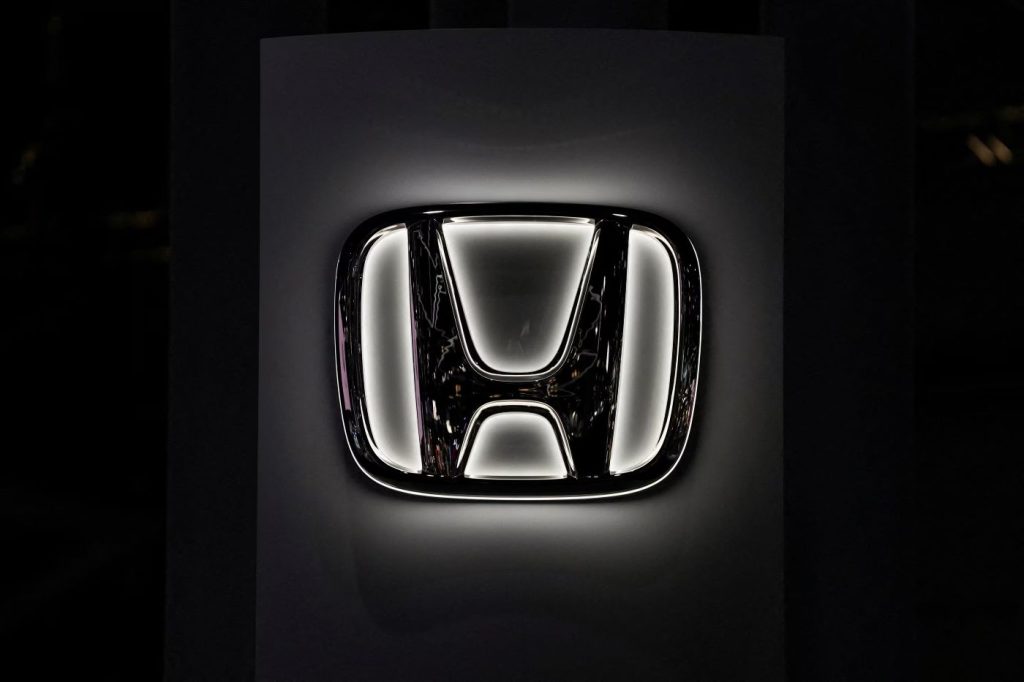
Over the decades, Honda has developed numerous engines that continue to earn praise for their reliability and capability. Notable examples include the B18C5, F20C, and the widely celebrated K20 engine—all of which are recognized for their outstanding balance of performance and durability.
Honda’s long-standing reputation for reliability isn’t just marketing—it’s backed by consistent industry recognition.
The brand uses components known to last longer than those of many rivals and focuses on building sustainable, fuel-efficient powertrains that align with global environmental standards.
For over ten years, Honda engines have met the stringent requirements of the EPA’s Phase 2 emission regulations and California’s CARB standards, underscoring the company’s commitment to clean and dependable engine technology.
Mazda
Mazda has built a reputation for reliability over the years. According to RepairPal, the brand holds a strong reliability rating of 4.0 out of 5.0, with only a 10% chance of a repair being considered severe.
The company’s commitment to building dependable combustion engines has been a cornerstone of its mission, even as the broader automotive industry continues shifting toward electric and hybrid technologies. But Mazda isn’t clinging to the past—it has also focused on developing more efficient and forward-thinking powertrains.
What sets Mazda apart is its unconventional approach to engine design. This goes all the way back to the introduction of its legendary rotary engine.
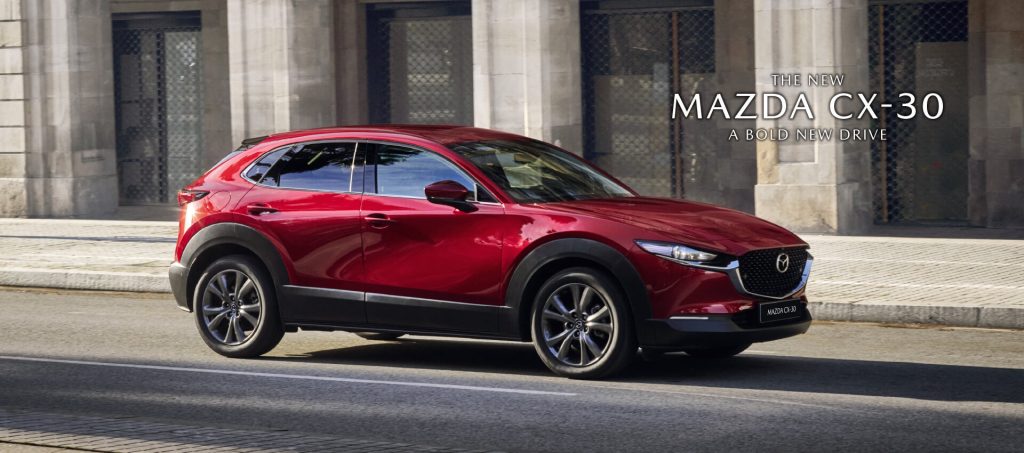
Unlike traditional piston engines, the rotary engine is lighter and more compact, which allowed for more flexible vehicle design and high-performance capabilities. These engines became a hallmark of Mazda’s sports models for years.
Though Mazda eventually phased out the rotary engine, its innovation didn’t stop there. The brand’s more recent SKYACTIV technology has been another game-changer.
With a lower compression ratio, these engines offer significant improvements in fuel efficiency while still delivering impressive power. For a company that once started as a small manufacturer in Japan, Mazda has made enormous progress and now stands among the top automakers globally when it comes to reliability.
Also Read: Mazda Launches CX-80 in Australia with Versatile Engine Options and Premium Design Choices
Lexus
Lexus, while operating under the Toyota umbrella, has firmly established itself as a luxury automotive brand in its own right, offering a wide range of sedans and SUVs.
Known not only for refined design and premium comfort, Lexus also stands out for producing engines that consistently rank high in reliability across various review platforms.
Though Lexus shares some of its engines with Toyota, the brand has developed a distinct identity through standout powertrains. One such engine is the 1UR-FE, a proven and dependable motor recognized as one of the most reliable engines used in Lexus models.
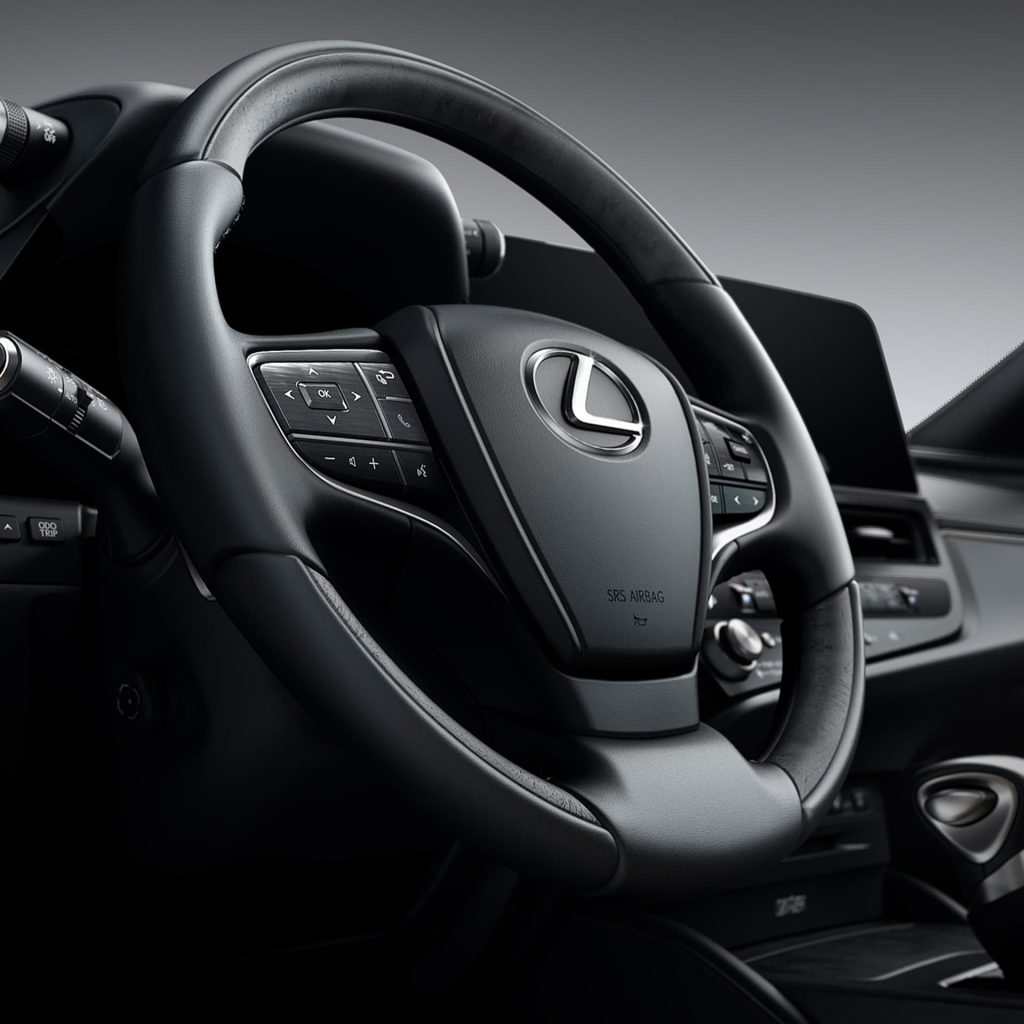
However, it’s the 1LR-GUE 4.8-liter V10 from the Lexus LFA that truly solidified the brand’s engineering prowess. Since its debut in 2009, this engine has continued to be praised as a masterpiece that elevated the perception of Lexus performance engineering.
Another standout in the lineup is the 1UZ-FE 4.0-liter V8, which powered the LS 400. Built with an aluminum engine block and featuring four overhead camshafts, the 1UZ-FE earned a reputation for longevity, with many engines surpassing 200,000 miles without major repairs.
Altogether, Lexus continues to be viewed as one of the most reliable luxury car brands on the market today.
Ford
Ford remains one of the most recognizable and respected names in the American automotive landscape, known for producing some of the most popular and best-selling cars and trucks in history.
Interestingly, Henry Ford began his journey by working on engine development before creating his first vehicle, the Quadricycle, followed by the revolutionary Model T. The Model T became one of the earliest mass-produced vehicles in the United States, changing the face of transportation.
With such a long and storied history, Ford has developed a wide range of engines, many of which have become benchmarks for performance and dependability.
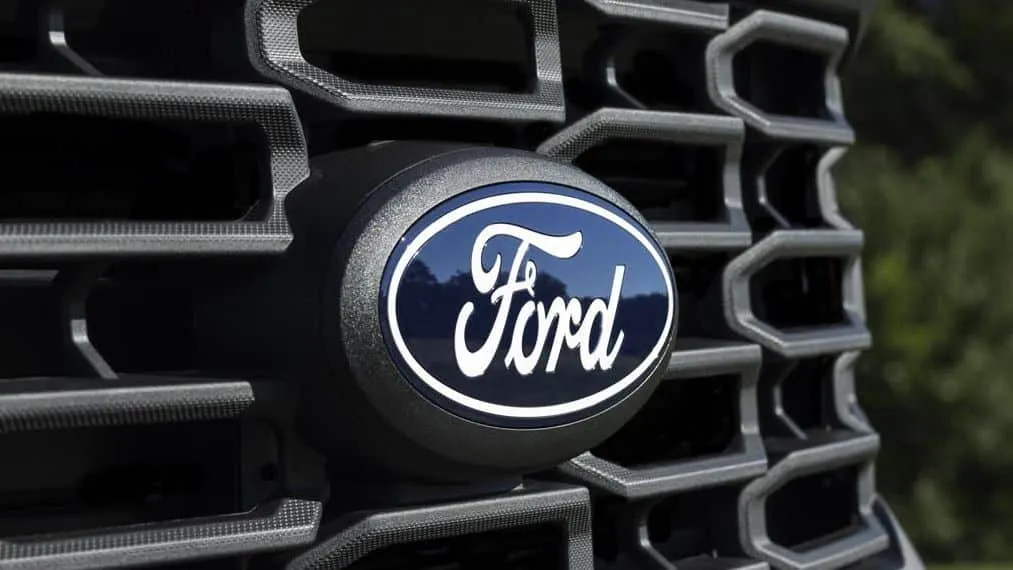
The company has earned multiple appearances on the Ward’s 10 Best Engines list, with standout examples including the 5.0-liter V8, the 2.3-liter turbocharged four-cylinder engine featured in the 2017 Focus RS, and the PowerBoost 3.5-liter turbocharged V6.
Beyond these modern examples, Ford’s legacy includes some of the most influential engines in automotive history. The Flathead V8 brought increased speed and performance to mainstream vehicles, pushing the industry forward and inspiring competitors.
Other important Ford engines include the Windsor V8, Cleveland V8, and the Y-block V8—each making a significant impact in their time. Ford’s engine innovations have powered some of the quickest commercial cars ever produced, further cementing its legacy as a leader in performance and reliability.
Nissan
Nissan has long been known for producing dependable engines across its extensive lineup of sedans, trucks, and SUVs.
Frequently regarded as one of Japan’s premier engine manufacturers, the brand’s reputation for durability is well-earned. Nissan holds a solid 4.0 reliability rating, placing it firmly among the top ten automakers in terms of dependability.
Several Nissan engines have become iconic, contributing to the company’s strong standing in the automotive world.
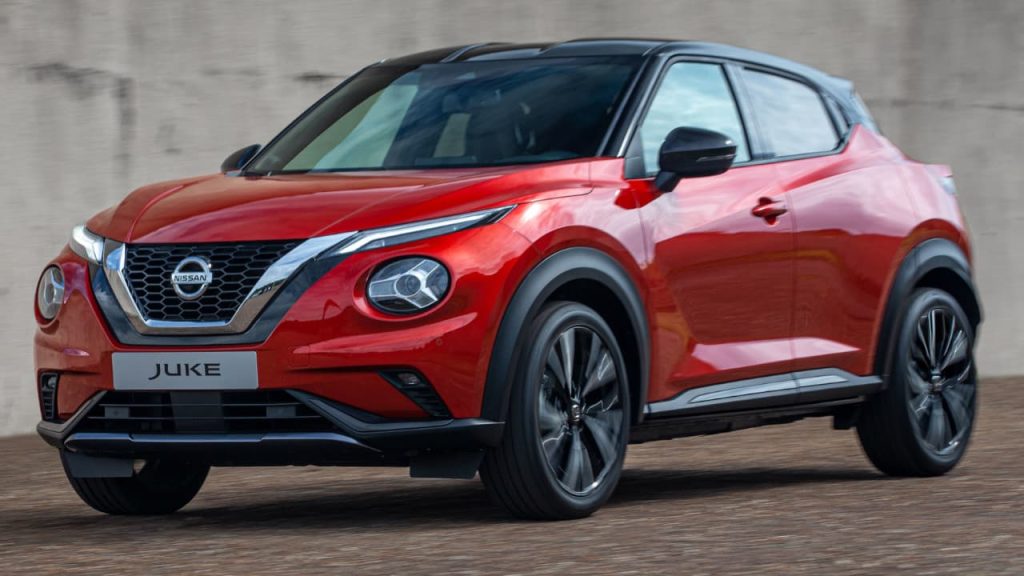
One standout is the SR20DET, which powered the Nissan S13 and S15. Although no longer in production, this engine is highly regarded for its performance, extensive aftermarket support, and ease of modification, making it a favorite among enthusiasts.
Even more notable is Nissan’s VQ V6 engine series, including the VQ30DE and VQ35DE. This engine family has made the Ward’s Top Engines list an impressive 13 times, underscoring its reputation as one of the most reliable powertrains the company has ever produced.
In line with industry trends, Nissan is investing heavily in electric motor technology, particularly in response to tighter environmental regulations in Europe.
The company has found success in this space as well — the electric motor powering the Nissan Ariya was recognized on the 2023 Ward’s Top 10 Engines list.
Despite this shift, Nissan still maintains a strong lineup of combustion engines, with the VQ series continuing to power models like the Frontier and Pathfinder, proving that traditional engineering remains a key strength for the brand.
Hyundai
Hyundai has built a reputation for manufacturing affordable vehicles, but the brand is also steadily establishing itself as a reliable choice in the automotive industry.
With its newer engines adopting cutting-edge technology, Hyundai’s powertrains are quickly becoming as appealing in terms of engineering as they are in pricing.
While the brand might not be the first name that comes to mind when discussing high-performance engines, it has proven to be one of the more dependable options out there.

In recent years, Hyundai has pivoted heavily toward electric vehicle (EV) technology, and several of its electric motors have earned spots on the Ward’s Top 10 Engines list.
Still, Hyundai hasn’t completely turned its back on traditional internal combustion engines. Rather than abandoning them, the company is enhancing these engines through the use of advanced technologies designed to reduce emissions and boost overall performance.
Innovations like Continuous Variable Valve Duration (CVVD), Dual-Port Fuel Injection (DPFI), and Integrated Thermal Management Systems (ITMS) are all playing a role in the brand’s approach.
Looking ahead to 2027, Hyundai plans to further challenge the notion that gasoline engines are a thing of the past with the development of Extended-Range Electric Vehicles (EREVs).
Unlike conventional hybrids, these vehicles will utilize a gasoline engine solely to recharge the battery that powers the electric motor — not to drive the wheels directly — blending traditional and electric technologies in a fresh way.
Mercedes-Benz
Mercedes-Benz, while actively transitioning toward electrified mobility, has an extensive legacy of crafting combustion engines.
The German automaker has produced a diverse lineup of powertrains over the years, including gasoline, diesel, and natural gas variants, all engineered with a focus on refinement and sophistication.
Among its standout offerings are the engines found in AMG performance models, especially the M113 K 5.4-liter V8.
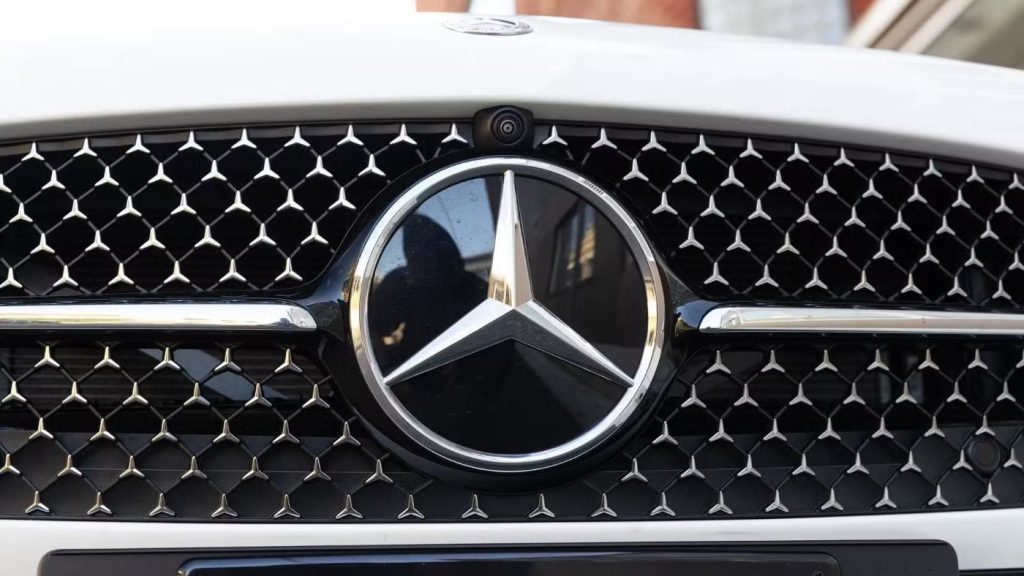
First introduced in 2003, this engine was a performance-enhanced version of the original M113 5.0-liter V8. It featured increased piston stroke, larger displacement, and redesigned cylinder heads to deliver more power and improved responsiveness.
At one point, Mercedes-Benz was ranked among the top three manufacturers for engine reliability, boasting a failure rate of just one in every 119 engines. Although its current position in reliability rankings may have shifted, the company still produces durable and well-built powertrains.
A prime example is the 2.0-liter turbocharged inline-four engine that came in the Mercedes C300. This engine earned a spot on Ward’s list in 2017 for being one of the best-performing and most dependable engines on the market.

